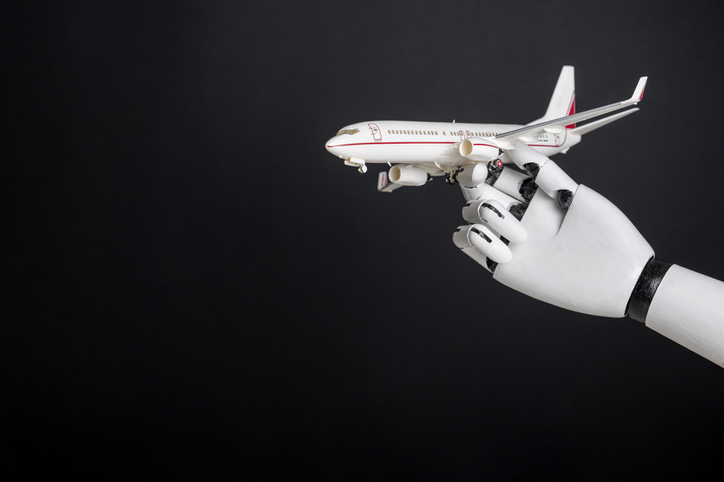As artificial intelligence (AI) continues to advance, companies are discovering innovative ways to integrate it into their operations. The airline industry is no exception, with EasyJet standing out as a prime example of how AI can enhance efficiency and customer experience.
EasyJet’s AI-Powered Control Center
EasyJet recently opened a new control center near Luton Airport that’s equipped with Jetstream, a generative AI tool designed to assist their operations teams. This AI technology helps solve issues for pilots and crew on the ground more efficiently, ensuring smoother operations.
In an interview with BBC, Johan Lundgren, EasyJet’s CEO, emphasized the importance of this facility, especially with the busy summer season approaching. AI predicts standby crew requirements and recommends the best crew options for each operation, which is crucial for managing the daily program of about 2,000 flights. More than 250 staff members at the control center oversee these operations, from planning routes and allocating crew to managing aircraft maintenance and passenger communications.
Enhancing Efficiency and Reducing Waste
Lundgren highlighted how AI helps predict exactly what food and drinks are needed for certain routes, reducing waste and ensuring better customer satisfaction. “And while you can’t always see it, the technology is already hard at work in the air and on the ground, helping us predict exactly what food and drink we need for certain routes,” Lundgren says.
AI also aids in predictive maintenance decisions, ensuring aircraft are serviced at optimal times to prevent unexpected breakdowns and delays. This proactive approach enhances safety and reliability—critical factors in the aviation industry.
Matching Aircraft to Demand
Another significant benefit of AI integration is its ability to help choose the right aircraft to match demand. By analyzing data and predicting passenger volumes for different routes, AI ensures EasyJet deploys the appropriate aircraft size for each flight. This optimization helps with fuel efficiency and cost-effectiveness while meeting customer demand, and EasyJet is just starting to get its toes wet with AI integration. “We continue to invest in and deepen our knowledge and use of AI,” Lundgren added.
The Future of AI in Aviation
EasyJet’s example shows the transformative potential of AI in the airline industry. As technology advances, other airlines will likely adopt similar AI-powered solutions to enhance their operations. AI not only improves efficiency and customer experience but also contributes to sustainability and safety in aviation.
Lin Grensing-Pophal is a Contributing Editor at HR Daily Advisor.

